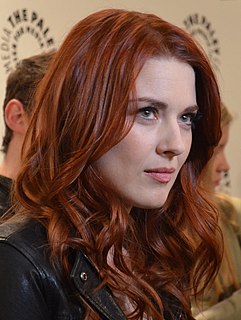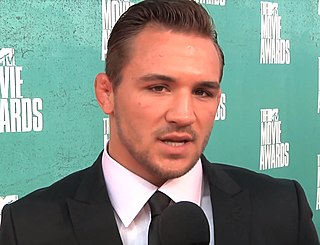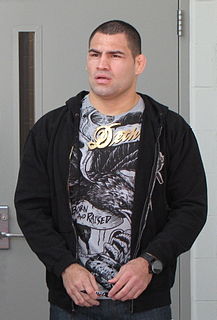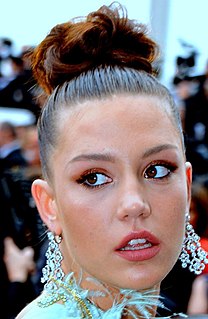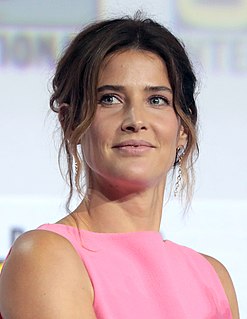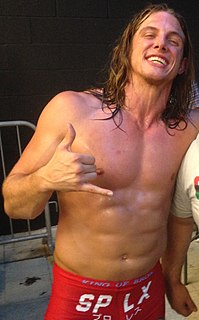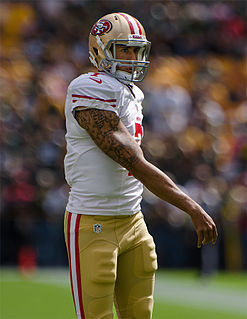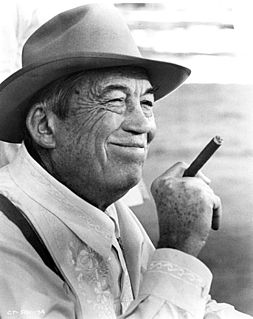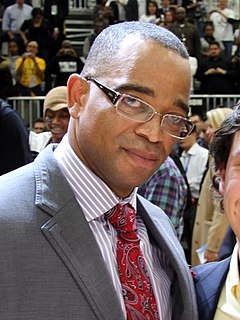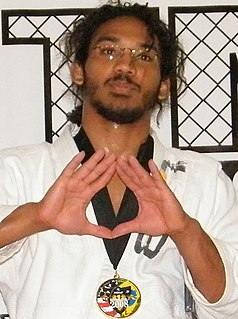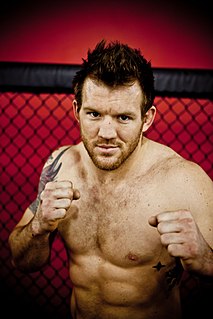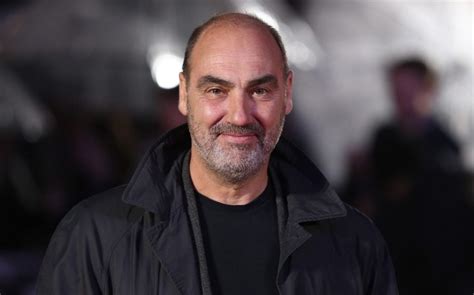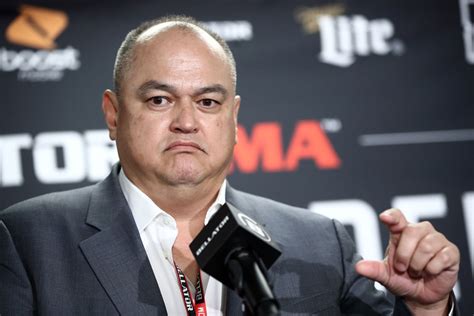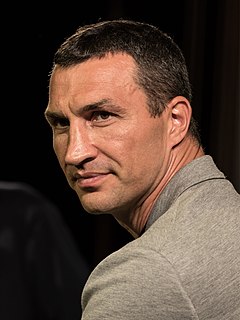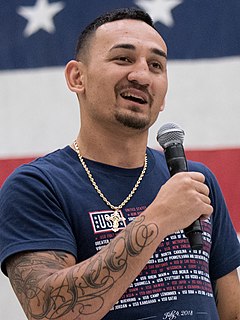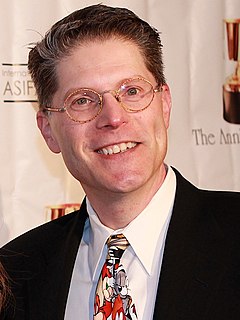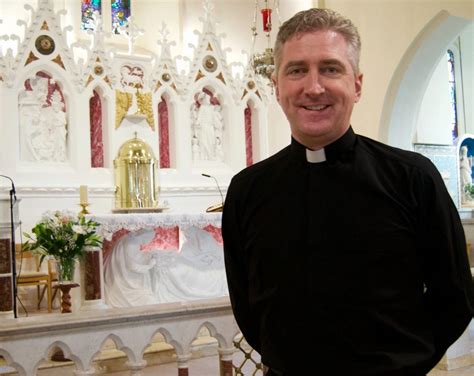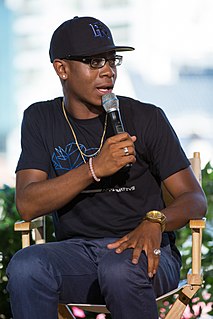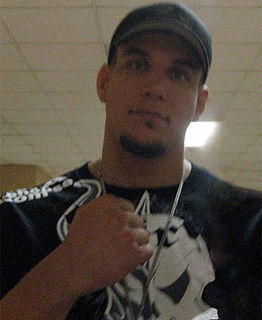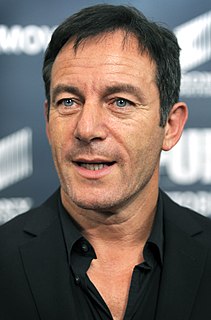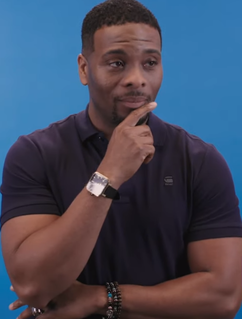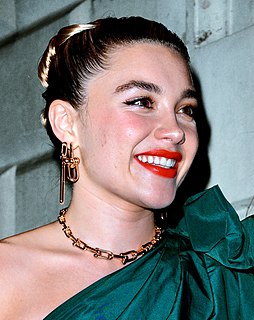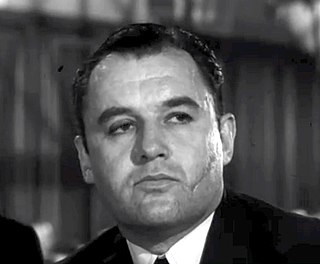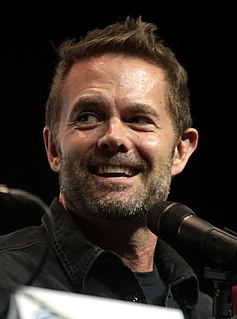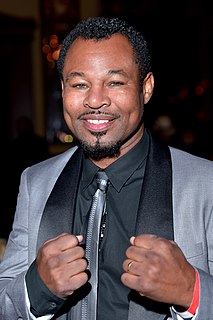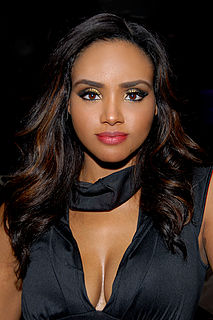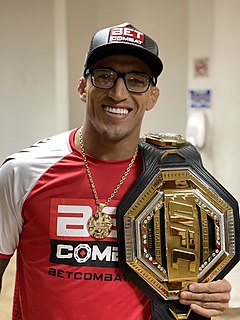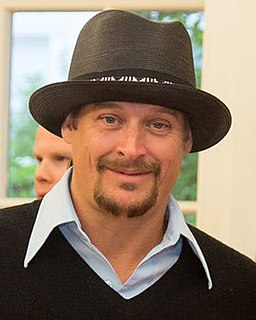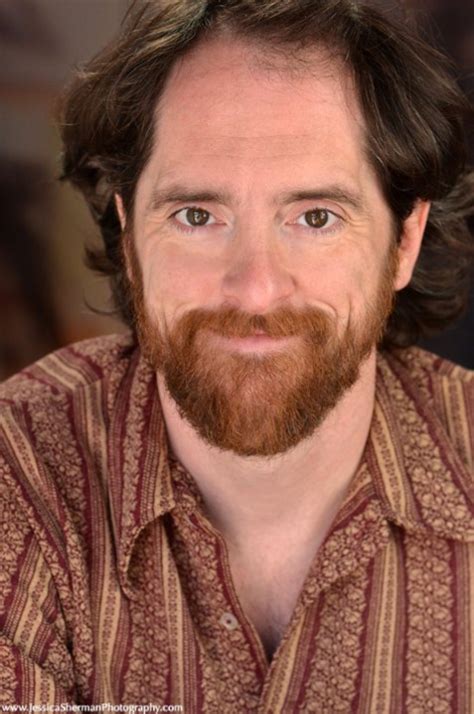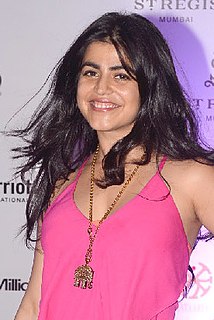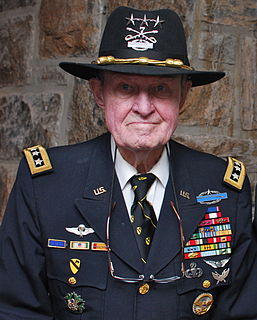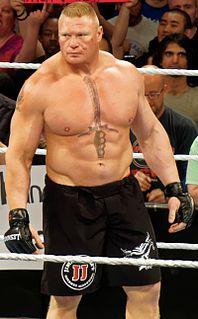Top 1200 Fight Scene Quotes & Sayings - Page 5
Explore popular Fight Scene quotes.
Last updated on December 24, 2024.
I tagged a first-timer one night at fight club. That Saturday night, a young guy with an angel’s face came to his first fight club, and I tagged him for a fight. That’s the rule. If it’s your first night in fight club, you have to fight. I knew that so I tagged him because the insomnia was on again, and I was in a mood to destroy something beautiful.
In 'Fighting With My Family,' there's a scene where I have to wrestle; I have to do the famous fight between Paige and AJ Lee. We actually did perform it in front of all those thousands of people. And just beforehand, we had a little dress rehearsal, and there were all these famous wrestlers going around and watching as well. Terrifying.
In ascending order the qualities of Patriotism are: 1. To work, fight, or die for your own survival. 2. To work, fight, or die for your immediate family. 3. To work, fight, or die for a group, extended family, tribe, or clan. 4. To work, fight, or die for a group too large for all the individuals to know each other. 5. To work, fight, or die for a way of life.
